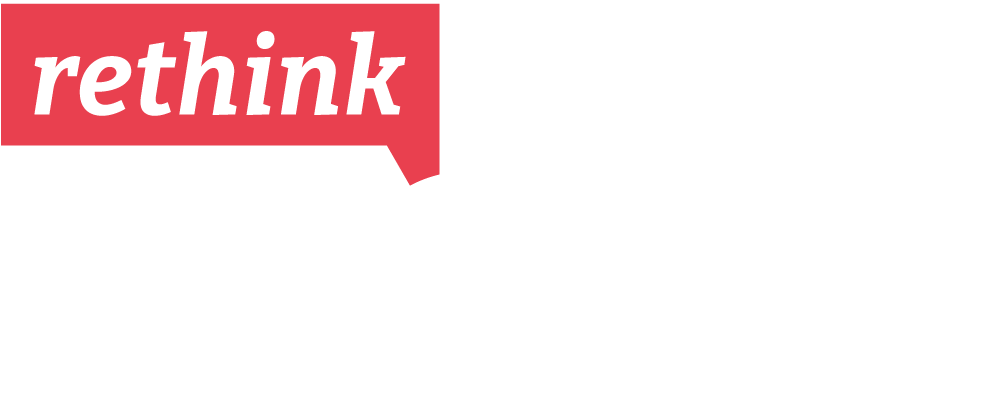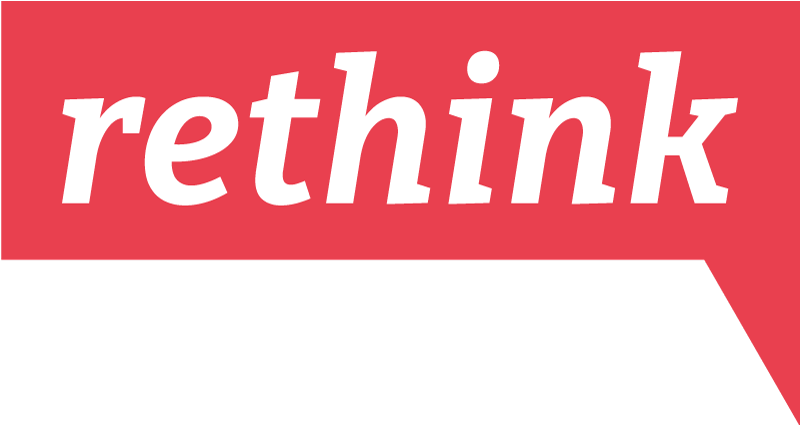Learn more about the RETHINK-GSC consortium partners.
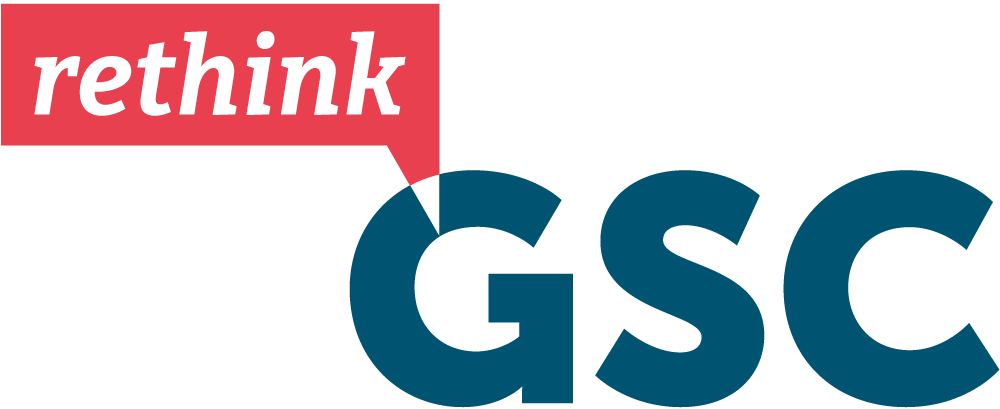
European Research Alliance
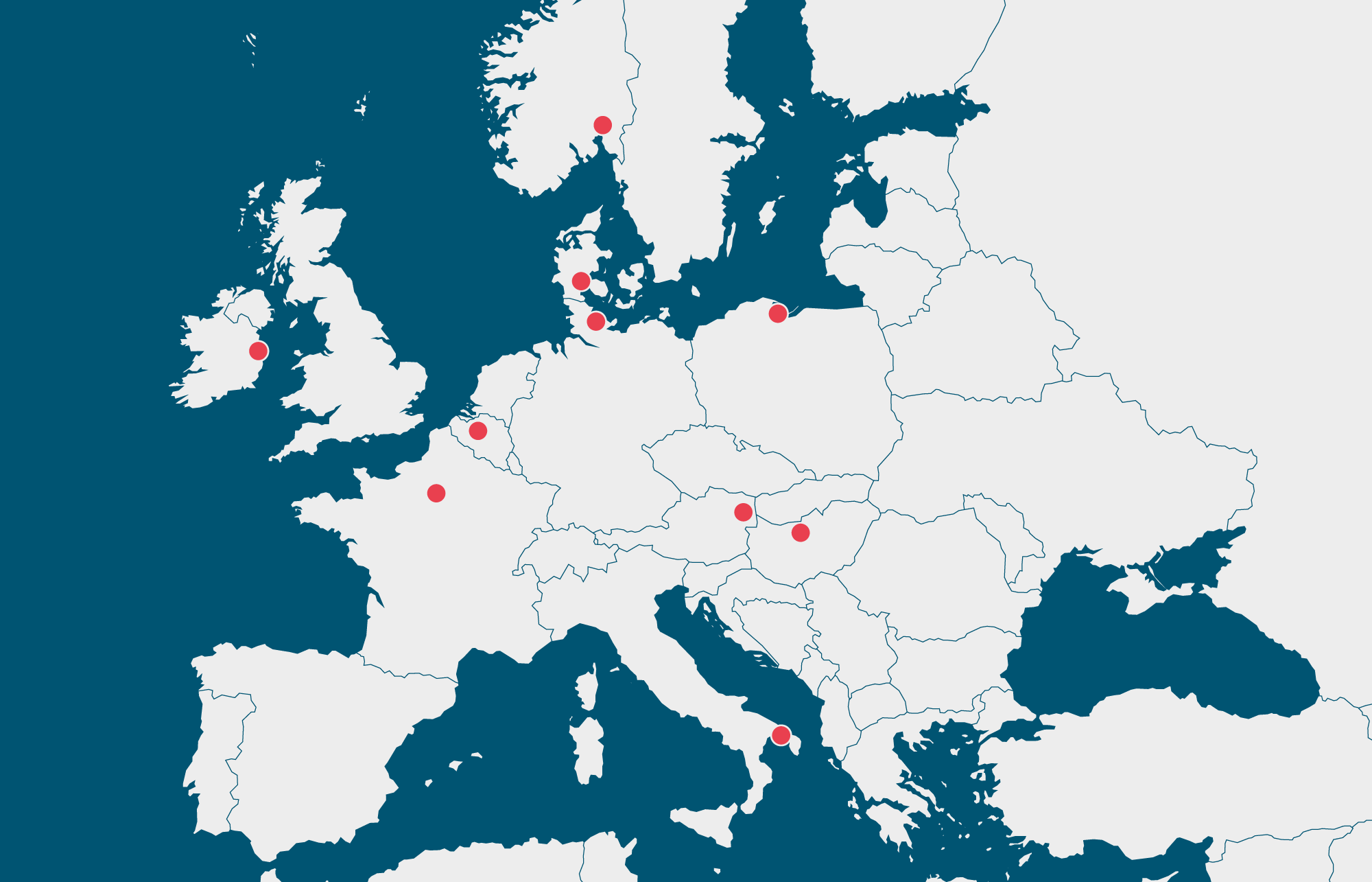
Kiel Institute for the World Economy
Gdansk University of Technology
Università del Salento
University of Oslo
Aarhus University
KRTK — Centre for Economics and Regional Studies
Bruegel
Université Paris Dauphine
Centre d’Information et de Recherche sur l’Économie Mondiale (CIREM)
Austrian Institute of Economic Research (WIFO)
University College Dublin

Aarhus University
At Aarhus university research and education of the highest international quality are at the core of their mission, and strong partnerships with society are central to their activities. Due to its size and reputation as a leading research-intensive university, Aarhus University has strong impact and influence across the entire spectrum of disciplines, locally, nationally and globally. It ranks among the top 100 universities in the world in several international rankings – out of over 17,000 universities worldwide.
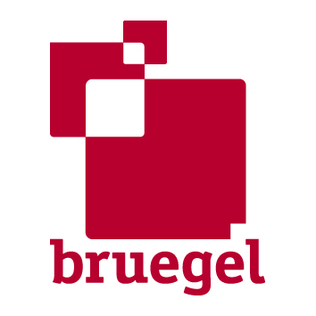
Bruegel
Established in 2005, it is independent and non-doctrinal. Bruegel’s mission is to improve the quality of economic policy with open and fact-based research, analysis and debate. The think tank is committed to impartiality, openness and excellence. Bruegel’s membership includes EU Member State governments, international corporations and institutions.
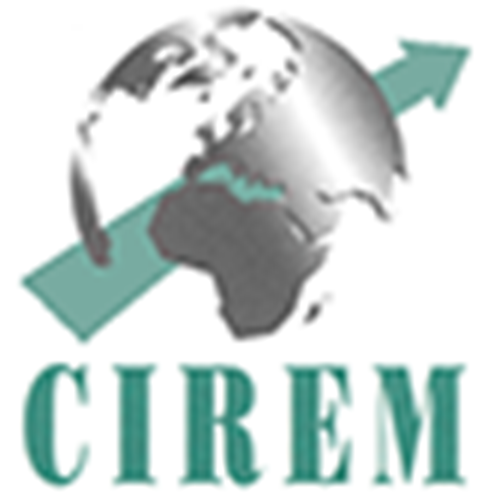
CIREM
The Centre for International Research and Economic Modelling (CIREM) is a satellite of the Centre d’Etudes Prospectives et d’Informations Internationales (CEPII), which formally links CEPII to European and international research networks. CEPII is the leading French centre for research and expertise on the world economy. It contributes to the policy-making process through its independent, in-depth analysis of international trade, migration, macroeconomics and finance. CIREM represents and supports CEPII in its development and responds to requests for studies and expertise from French and foreign institutions and companies, as well as international organisations.
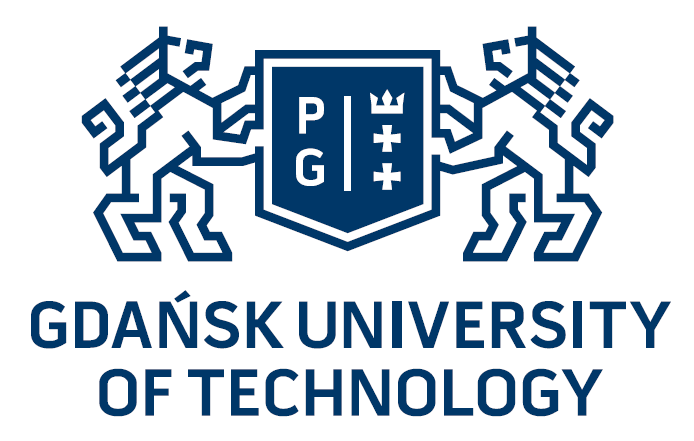
Gdańsk University of Technology
The Gdańsk University of Technology is one of Poland’s leading universities. Its Faculty of Management and Economics is one of the university’s key scientific research units where innovative research is conducted addressing important, innovative topics and projects — taking social, cultural and economic needs into account. The faculty actively cooperates with the business and social environment, and supports the socio-economic development of the region and the country.
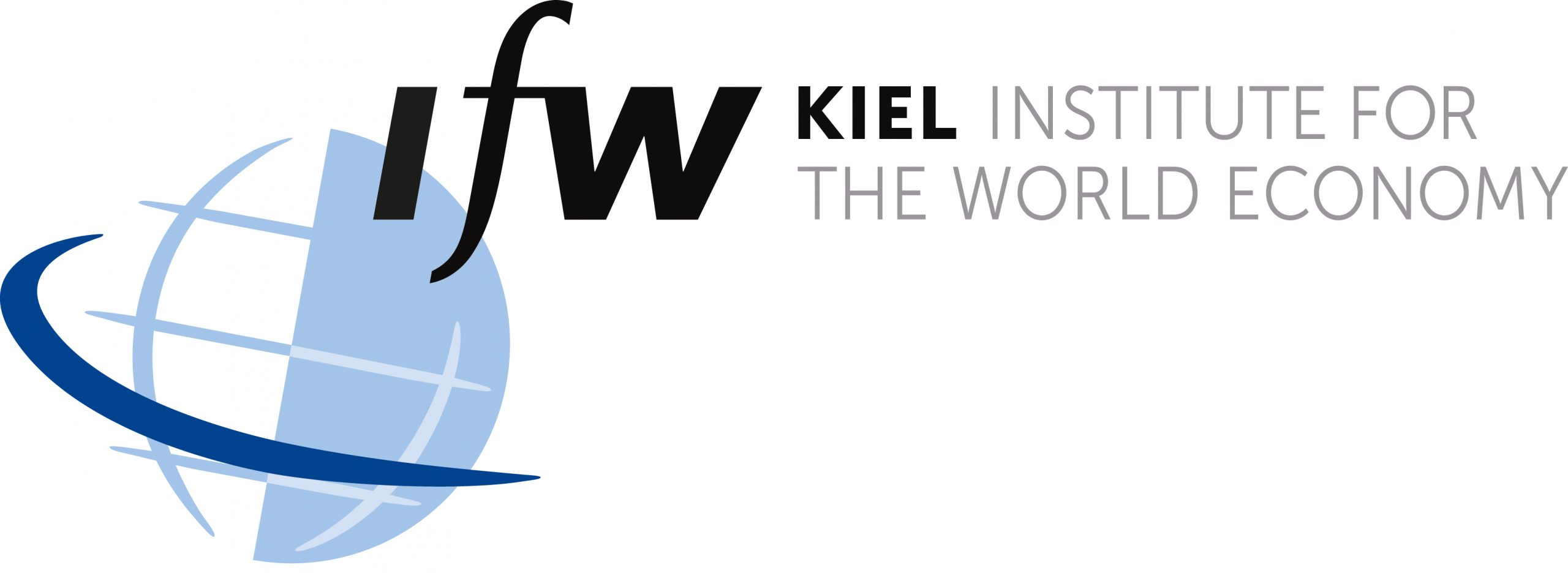
Kiel Institute for the World Economy
The Kiel Institute for the World Economy is an economics research center and think tank. One of the six leading German economic research institutes, the institute is also a member of the Leibniz Association and is affiliated with the University of Kiel where it cooperates closely with the Department of Business, Economics, and Social Sciences. It is nevertheless legally and academically independent of the University of Kiel.

KRTK – Centre for Economic and Regional Studies
The KRTK – Centre for Economic and Regional Studies is a leading centre of Hungarian economic and regional research. It works as an independent research community characterised by intellectual curiosity, the pursuit of a more profound perception of the world, and impartial treatment of facts. Its mission is to gain a better understanding of economic, social and spatial processes through state-of-the-art scientific analysis, which can contribute to policy decisions in Hungary and abroad in an innovative way.

Università del Salento
Since 1955, the Università del Salento promotes knowledge, skill and merit and has offered a large range of educational opportunities. From law to science, economics to engineering, humanities to media studies, the university provides academic pathways to a range of professions as well as post-graduate and specialist courses.

Université Paris-Dauphine – PSL
Université Paris-Dauphine – PSL is one of Europe’s leading academic and research institutions in the Organization and Decision Sciences. It offers a wide range of undergraduate, graduate, post-doctoral and executive education programs and undertakes cutting-edge research in all of its core disciplines: management, economics, law, the social sciences, journalism, mathematics and information technologies.
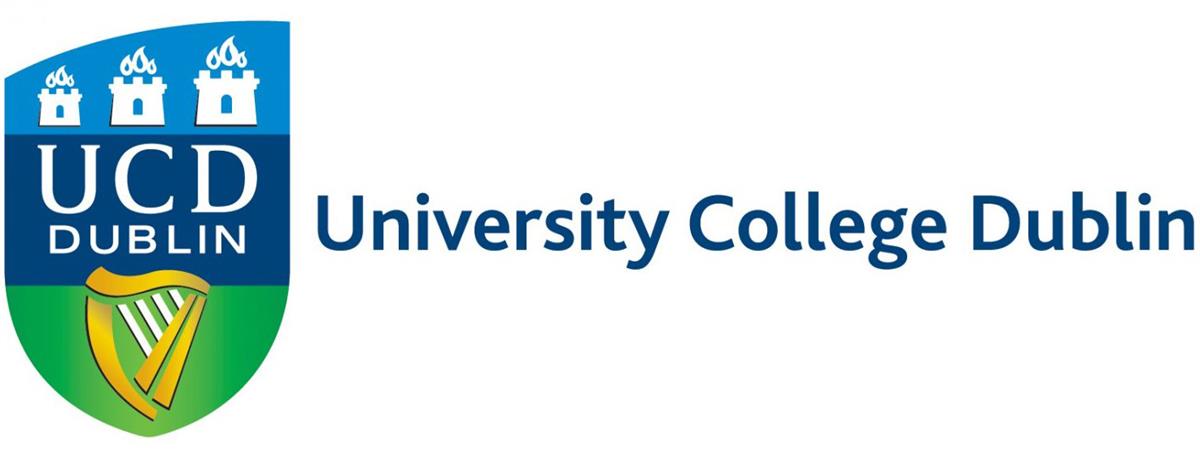
University College Dublin
UCD is one of Europe’s leading research-intensive universities; an environment where undergraduate education, masters and PhD training, research, innovation and community engagement form a dynamic spectrum of activity. The research and innovation activities at UCD encompasse individual scholars, research groups, start-up companies and large-scale collaborations with industry and other partners.

University of Oslo
The Department of Economics is the largest and highest ranked institute for economic research in Norway. The department offers Bachelor’s and Master’s programmes, as well as a doctoral programme with approximately 40 students.

WIFO — Österreichisches Institut für Wirtschaftsforschung
WIFO is the leading institute for applied empirical economic research in Austria with a strong commitment at a European level. It is a non-profit, independent economic research institute. Through highest quality research, economic policy advice and communication, the Institute builds a bridge between basic academic research and economic policy application. It creates scientific evidence to inform economic policy and business decision-makers as well as the general public.
Sister projects
Along with RETHINK-GSC, two more Horizon Europe projects are examining how the changing nature of global supply chains impact social, economic and environmental outcomes, and how they respond to exogenous shocks.
Funded under the call Towards a new normal? Employment and social impacts of changing supply chains and declining trade intensities —HORIZON-CL2-2021-TRANSFORMATIONS-01-06, the three sister projects aim to harness potential synergies arising from their research, and to explore channels to support and strengthen their outcomes and impact.
RETHINK-GSC’s sister projects are:
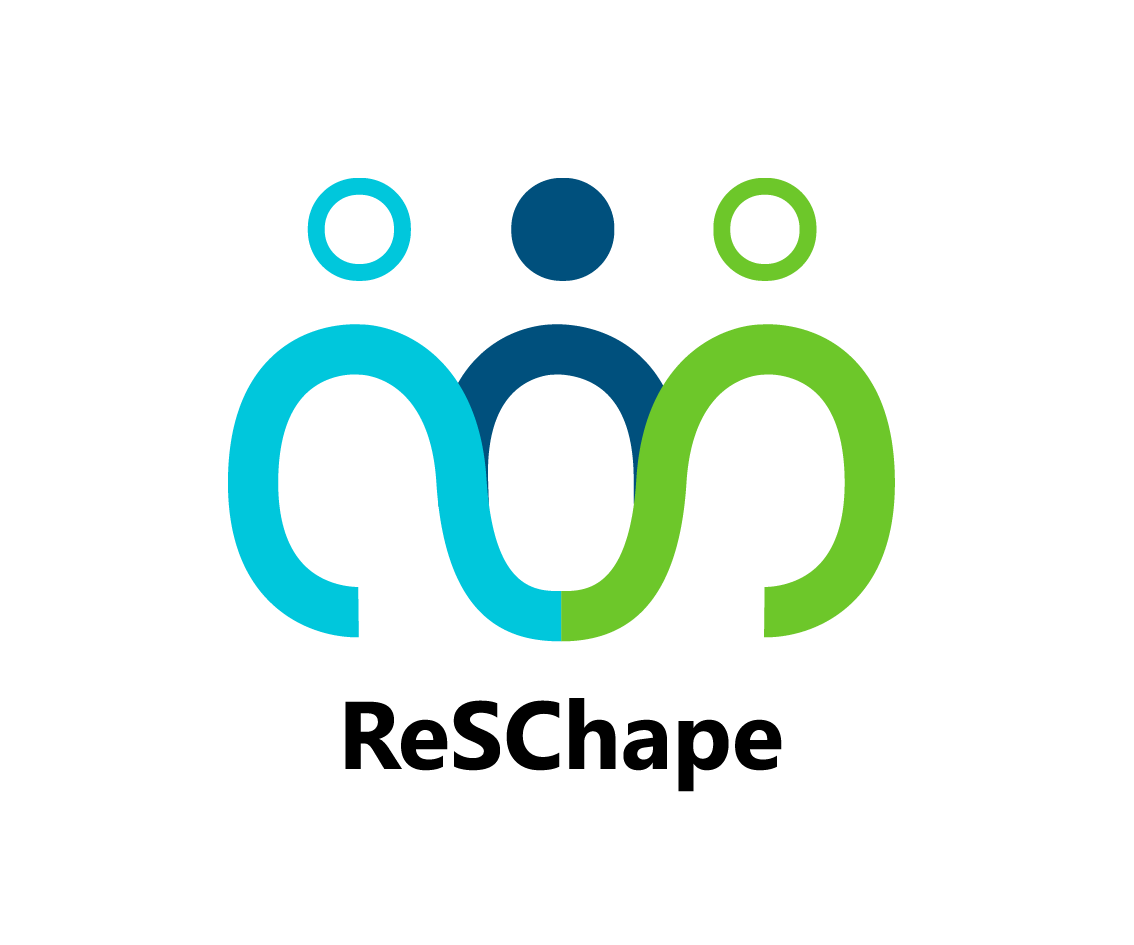
ReSChape
Paving the way for sustainable trade patterns, supply chains and production networks
As a result of the recent pandemic, global supply chains have completely transformed. This has raised concerns over the ensuing social, economic and environmental trends and related impact on the way supply chains are organised. In this context, the ReSChape project will analyse social, economic and environmental changes and disruptions, including the COVID-19 pandemic, and evaluate their impact on supply chains. New supply chain models will be proposed, aiming towards a more streamlined supply chain process to assure humans (workers, consumers, and in general citizens) to be at the center of the business also thanks to new digital technologies. It will be studied how to assure a positive social impact and innovative policy scenarios will be developed with recommendations to support the future supply chains.
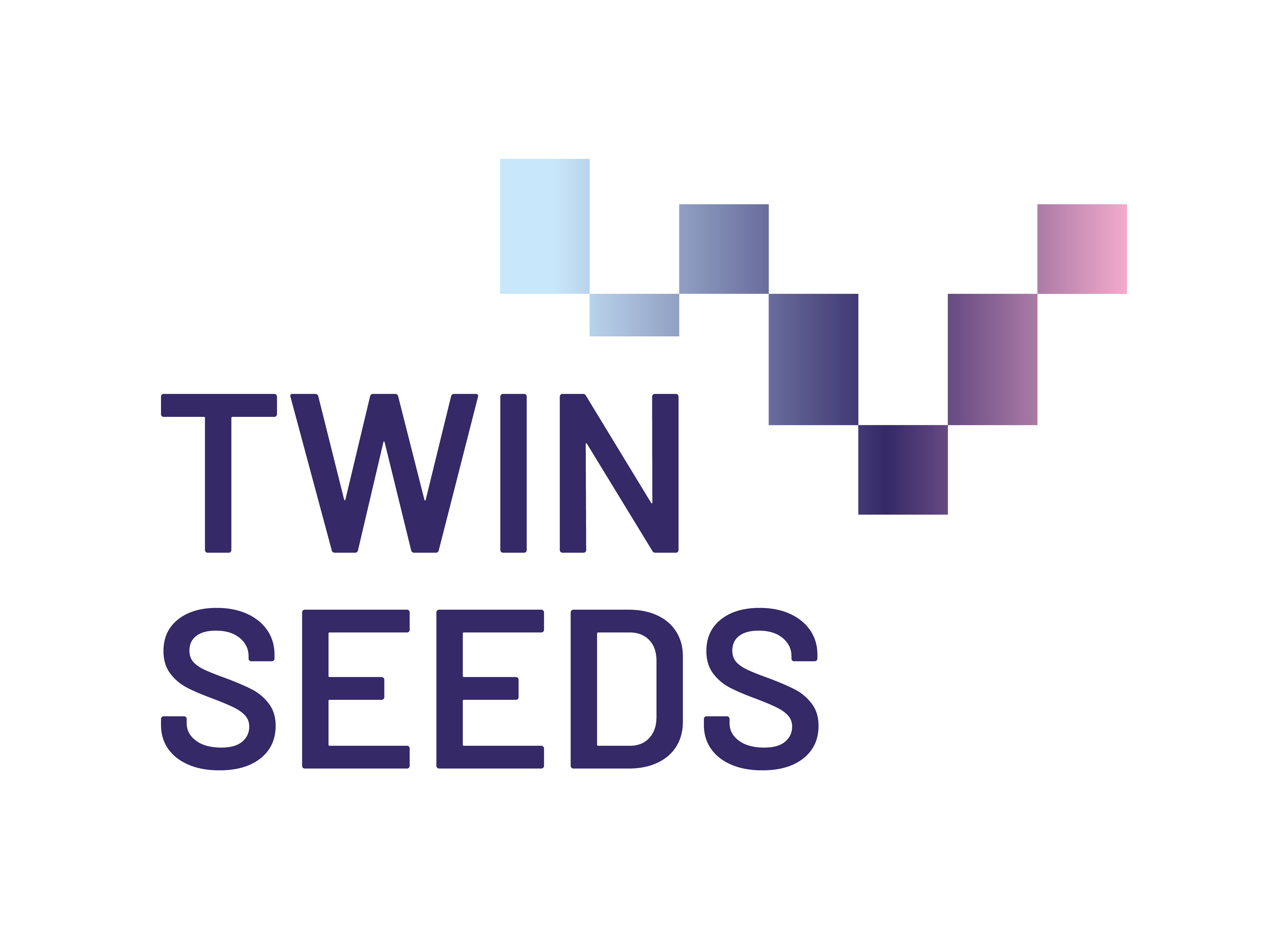
TWIN SEEDS
Studying changes in the world for better policymaking
The impacts of the development of digital technologies, geopolitical conflicts, and new forms of globalisation can be felt across Europe and throughout the world. Situations like these create job insecurity, inflation, and other negative effects on people’s lives. With the goal of overcoming and adapting to these major events, the TWIN SEEDS project aims to study these global issues and the way they have affected everyday life and the world and use this data to develop improved policy options to prepare for the next year and overcome these issues before they evolve into serious problems.
